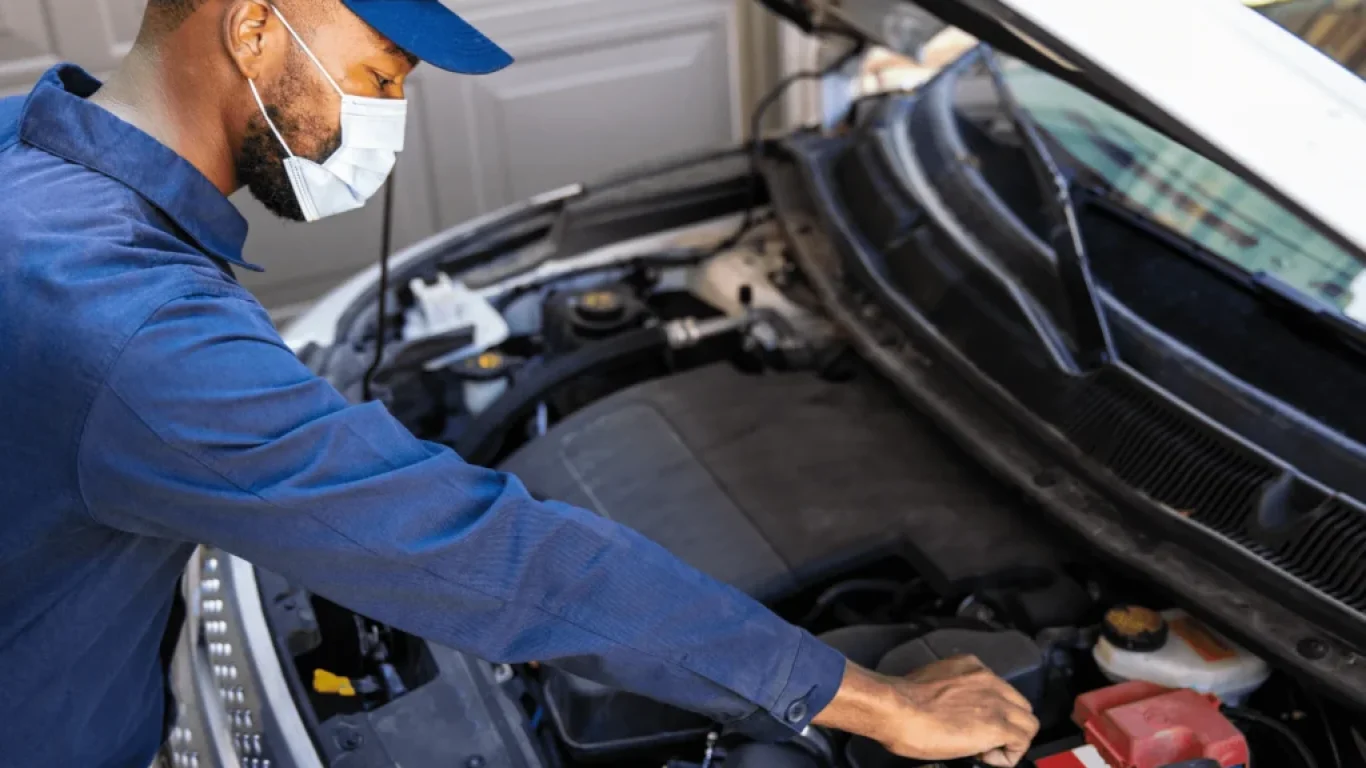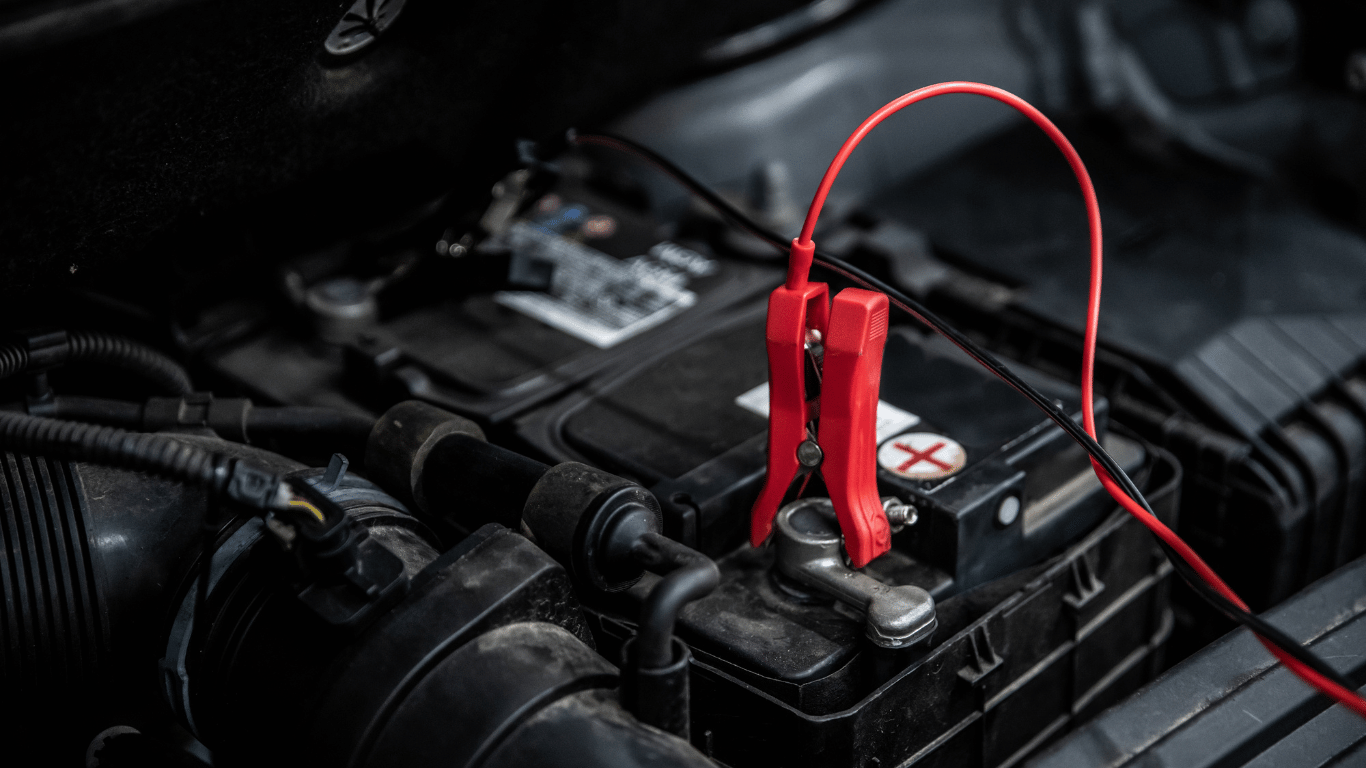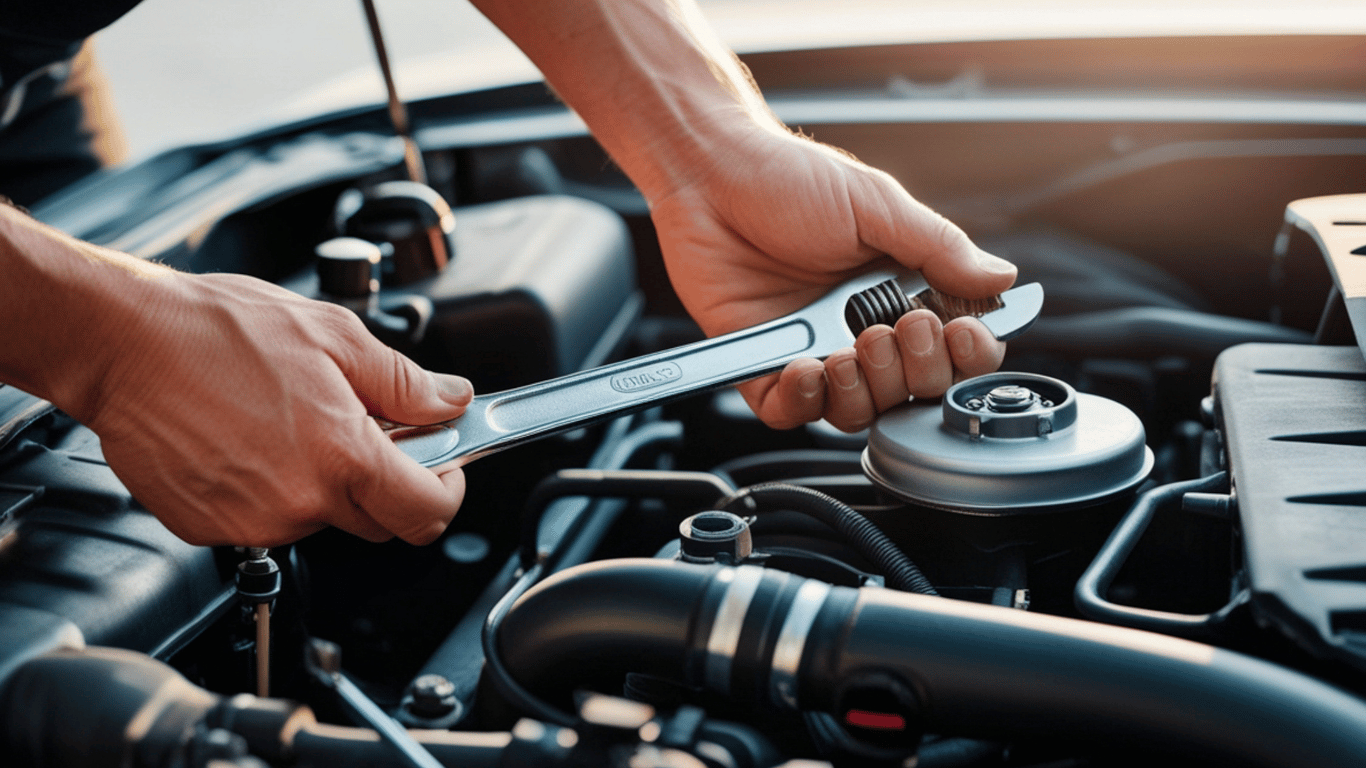Scheduling routine maintenance for your car is like going to the dentist. You know you should do it, but there are always other things you’d rather be doing. According to the manufacturer’s recommendations, a maintenance plan includes oil changes, tyre rotations, brakes, spark plugs, belts, hoses, windshield wipers, battery replacement, coolant levels, etc.
There’s no getting around that following the regularly scheduled maintenance plan is a big-time commitment. There’s always something to work on, and some part of your car’s body or engine is always in need of repair or replacement. It’s also an expensive proposition; your vehicle will require service at more frequent intervals at some points in its life than others. Plus, it’ll never be as good as new — even when brand new, a car depreciates faster than other consumer goods.
It takes time to make sure your car is running smoothly and safely, but the last thing you want is for something to go wrong when you’re driving down the road at highway speeds — or worse, when someone else is behind the wheel.
Below is some important information to keep your car running smoothly and avoid costly repairs.
Keeping your car well-maintained will save you time and money in the long run.
Taking care of your car is an essential part of having a car. You might’ve heard that you should change your engine oil every 8,000 km or six months. But do you know why? It’s because not changing your oil on time can cause more damage to your car and diminish its performance over time. By keeping up with maintenance, you can ensure that your vehicle will operate at peak performance and stay healthy.
The whole point of taking care of your car is to keep it running well and ensure that you get the most use of every rand you spend on it. For example, suppose you don’t change your engine oil as often as recommended. In that case, your engine will start wearing down faster, and it can cause damage to other parts in the process. You may even have to replace your engine sooner than you would have otherwise.
Look for warning signs that something might be wrong with your car. If you’re getting lower gas mileage than usual, there might be an issue with the engine air filter or other parts. If your vehicle doesn’t start or makes strange noises, these are possible signs that something might be wrong with the fuel pump or timing belt. These are all things that Fixxr’s certified mobile mechanics can fix before they become significant issues. Suppose they go unaddressed for too long a period. In that case, they could lead to substantial repairs and replacements that can cost a lot more than following your maintenance plan would have.
The ideal time to schedule regular maintenance is before problems start cropping up. This way, you can address issues before they become expensive and inconvenient.
When is the right time to schedule routine maintenance at the shop?
Every car owner should be familiar with car maintenance and care basics. From regular engine oil and oil filter changes, tyre rotations to more complex work, proper maintenance can help extend the life of your car, prevent significant problems and save you money in the long run.
How often should you take your car in for maintenance? It depends on the type of vehicle you own, how you drive (mileage) and how many kilometres you do each year. So when is it time for scheduled maintenance, and what should you expect?
When is the right time to schedule routine maintenance at the shop? We’ve made it easy for you with a six month, 12 months and 24-month maintenance schedule checklist to help you remember what to do.
Every six months:
- Change your engine oil and oil filter,
- Inpsect spark plugs,
- Inspect fuel filter,
- Inspect transmission fluid and brake fluid.
Engine oil changes are significant, and they affect your engine’s lifespan. If the engine oil level is too low or dirty, it can cause the engine to overheat and destroy the parts. You should change your engine oil at least once a year. Still, it is better to do this when you are due for a service or every three months or 8,000 kilometres, depending on the manufacturer’s instructions. It would be best always to use the manufacturer’s recommended grade of engine oil.
What is an oil change all about?
Every 12 months:
- Change engine oil and oil filter
- Replace spark plugs,
- Replace fuel filter,
- Change transmission fluid and brake fluid
- Replace air and cabin filters,
- Inspect belts for wear and tear,
- Inspect drive belts and hoses for leaks or damage and,
- Inspect the battery.
Every 24 months:
- Change the oil in your power steering system and all other fluid levels.
- Inspect all belts for wear or damage.
- Inspect drive belts, hoses and all vacuum lines for leaks or damage.
- Inspect power steering pump belt and tension pulley, check disc brake pads, rotors and drums, check parking brake operation and inspect hydraulic suspension lines for leaks or damage.
- Inspect shock absorbers for leaks or excessive wear.
- Check wheel bearings for excessive play or noise.
- Replace transmission mounts if worn or damaged.
- Replace all ignition components (distributor cap, rotor, spark plug wires).
- Replace airflow meter if damaged or not operating correctly.
- Inspect exhaust system including catalytic converter, muffler, tailpipe(s) and catalytic converter mountings for leaks or damage.
Every Fixxr car repair and maintenance service comes with a 50 point general inspection that will cover the above checks, so you don’t have to worry about remembering them all. With a 50 point general inspection, your vehicle will receive the most thorough service possible. In addition to checking fluids and hoses, a 50 point inspection can also include checking belts, brakes, suspension parts, batteries, wipers, as well as several other aspects of your car’s condition. Our certified and trained mechanics team will look under the hood for any fluid leaks or other potential issues.
It’s not hard to make sure your car is running smoothly.
You work hard and do everything you can to keep your car in great shape: you stay on top of maintenance, buy high-quality parts, and take excellent care of your ride. But if you miss an oil change or forget an inspection, you could be left with a huge bill. Fixxr helps ensure those gaps are never missed again by tracking when services are due, finding the best prices for parts and the best mechanic to work on your ride – all from your smartphone.
Tyres are essential because they directly impact fuel economy, handling, and safety. Depending on your speed, temperature and road conditions, you should be rotating your tyres every 12,000 to 24,000 kilometres.
What is rotating your tyres all about?
Fixxr lets you schedule free servicing reminders through our online platform. Our platform gives you access to all the information on your car’s service history. This feature will help you find out what needs to be repaired or replaced by the mechanic at Fixxr. When your service is due, we’ll remind you, so you don’t forget!
Schedule your routine maintenance and get the most out of it
We hope the maintenance tips above have helped. You will optimize your fuel efficiency and performance by providing your vehicle with all it needs while reducing the risk of damage that could exceed the cost of maintenance. The general rule of thumb is to take your car in when you notice something wrong or when you have a certain amount of time on the odometer.
We hope you feel more secure in your decision to schedule routine maintenance for your vehicle. You hopefully have a routine or system in place to take care of it, but if not, Fixxr could be the solution you’ve been looking for! It will help you remember when to change the oil or get your tyres rotated. It gives you a convenient warning before the scheduled time so that you don’t forget, and it also allows you to add new services as needed.



